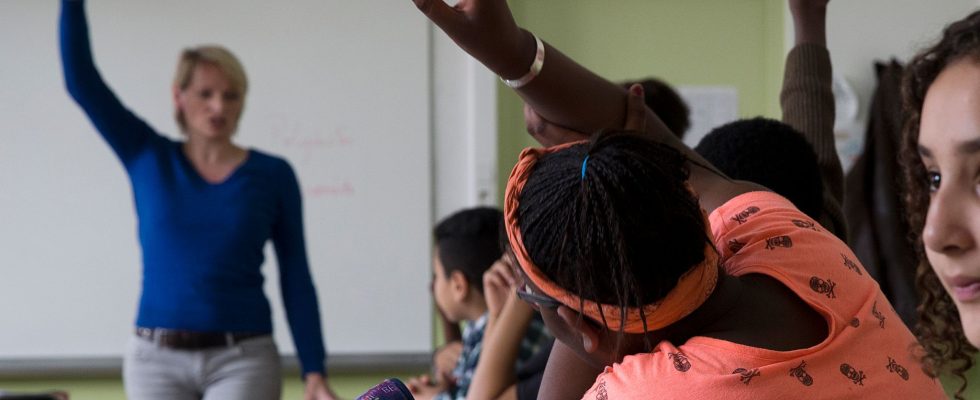How to learn to “learn better”? You would think that this is one of the skills that elementary school teaches all students. However, it only entered the common base of school programs in 2016, and it is still too rarely taught. Fortunately, research in psychology has produced many results that can be useful to parents wishing to help their child learn better.
The most important thing to know is that rereading a lesson ten times only leads to superficial and short-term memorization. After a first rereading, it is better to devote the same time to reciting, testing yourself and answering questions about the content of the lesson. Because each time we strive to retrieve knowledge from memory, we consolidate the memory and the path that leads to it. Activities consisting of summarizing, rephrasing in one’s own words, identifying the most important ideas and linking them together are also excellent ways to stimulate memory retrieval, promote understanding and transfer knowledge to others. other contexts. Making files can be interesting, provided you make a real effort to synthesize major ideas, rather than simply copying out certain passages. Conversely, highlighting key points and definitions is a low value-added activity.
Looping is not learning
Another result to be taken into consideration is that each content must be reviewed several times in order to consolidate it in memory, especially if one aims for long-term retention. A knowledge that is never retrieved in memory ends up being erased. Moreover, whatever the deadline for which one learns and whatever the time devoted to revising, it is better to distribute this time in several spaced out sessions, rather than concentrating everything in a single cramming session.
If you’re helping your child revise, don’t have them recite their lessons verbatim. Mathematics and history are not poetry. Beyond a few definitions to know by heart, understanding the concepts will result in the child’s ability to reformulate them and use them in various situations. Ask him about the key ideas of a lesson, what connects them together, the conclusion of the lesson and the steps that lead to it. It is by focusing on the concepts, the logical sequences, the contents and their use, more than on the words, that an understanding can emerge from the knowledge and that these will be consolidated beyond the date of the control and transfer to situations other than the school context.
Learn self-reliance and a healthy routine
Even if you can help your child revise, the most important thing is that he becomes independent in his learning. To do this, you have to teach them these methods and provide them with the right tools to implement them. For example, get into the habit of reproducing the lesson, orally or in writing, and verifying its accuracy. Make double-sided cards, with the question on one side and the answer on the other, and use them to regularly test yourself on important concepts. There are also many digital tools for managing lists of questions and answers, and even sharing them with classmates.
Finally, it can be difficult for the child to get down to homework, especially if he is already engaged in other more rewarding activities. For this, it is important to make him acquire good work habits, a routine to repeat until it becomes entirely automatic, of the type “I come home, I taste, I do my homework and, only then, which pleases me.” Leisure should be the well-deserved reward of school work.
To deepen the subject, we can recommend the book Get that in your head! – by Peter C. Brown, Henry L. Roediger and Marc A. McDaniel –, files to download from the site improfpsy.coma list of digital tools on learn-revise-memorize.fras well as the YouTube videos of the Mooc “Psychology for teachers”, which is aimed primarily at teachers, but whose recommendations parents and students should be able to easily adapt. And let’s keep this in mind: so that 100% of pupils can “learn to learn”, regardless of their parents, it is important that this skill is integrated into the common base and taught in all primary schools.
*Director of research at the CNRS and director of the “Cognitive development and pathology” team within the cognitive and psycholinguistic science laboratory of the Ecole Normale Supérieure in Paris.
